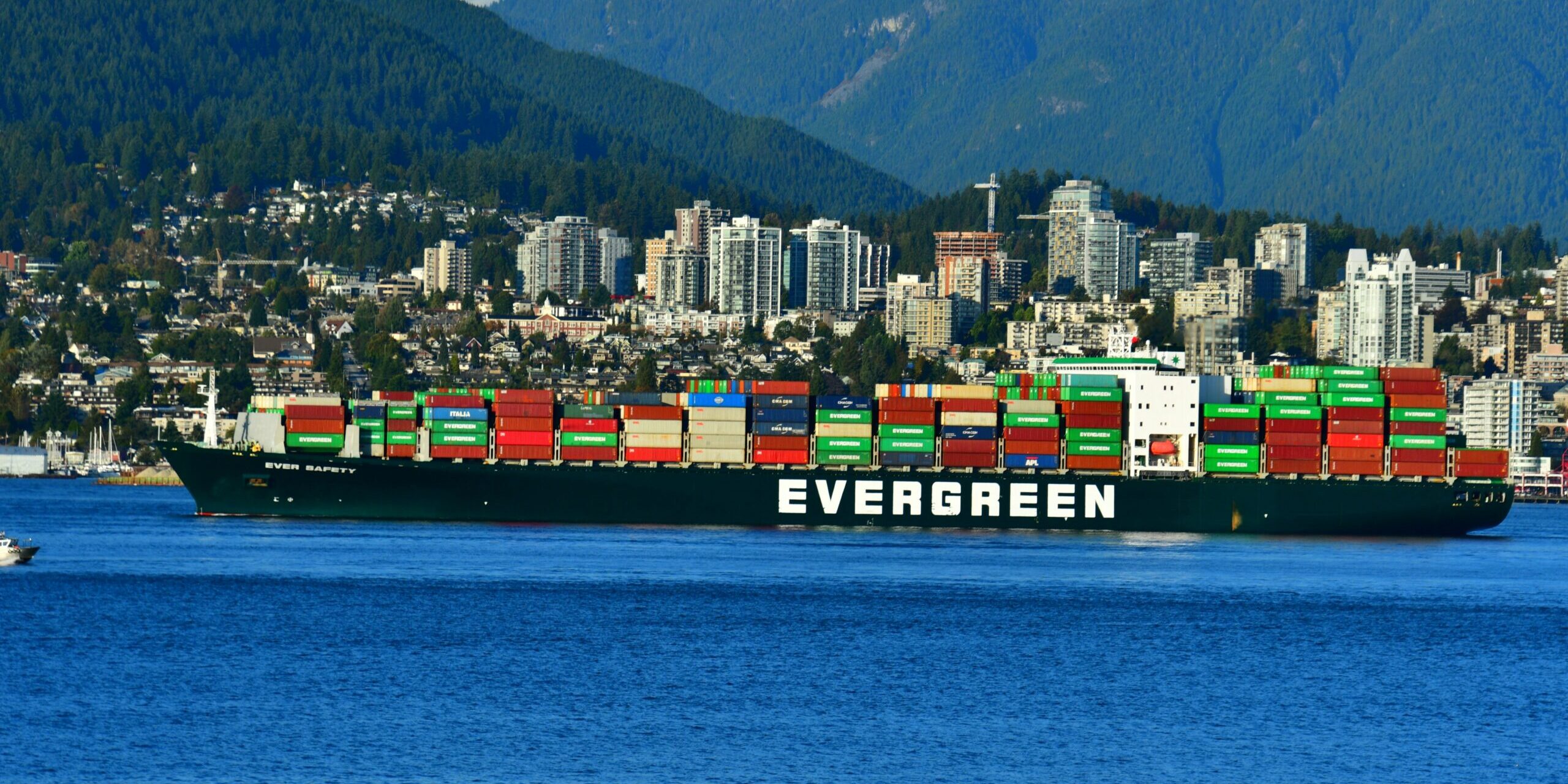A groundbreaking agreement involving the United States and 13 other nations, aimed at safeguarding global supply chains, is slated to take effect on February 24, as announced today by the Commerce Department.
The supply chain discussions, part of the Indo-Pacific Economic Framework, were initiated nearly two years ago with the objective of enhancing cooperation between the United States and Asia-Pacific nations. The primary goal was to mitigate supply chain disruptions, such as those experienced during the COVID-19 pandemic. This agreement establishes a “crisis response network” responsible for issuing early warnings about potential disruptions, among other measures.
While the supply chain agreement was signed by the U.S. and other nations during the Asia-Pacific Economic Forum summit in San Francisco last November, it enters full force once at least five countries ratify or approve it. As reported by the Commerce Department, the United States, India, Japan, Singapore, and Fiji have all done so.
With the agreement’s implementation imminent, participating countries now face deadlines in the spring to select representatives and leaders for three bodies established by the pact: the crisis response network, a supply chain council, and a labor rights board. Additionally, countries are required to submit a list of critical sectors and goods within 120 days of February 24, according to the Commerce Department.
Despite the challenges faced by the Biden administration’s Indo-Pacific Economic Framework, particularly the trade portion, which collapsed last year, there has been significant progress in other areas. The supply chain announcement is being hailed as a noteworthy achievement, marking the first part of the IPEF to come into full effect.
In a statement, Commerce Secretary Gina Raimondo emphasized that the negotiations have yielded “tangible outcomes in record time.” She expressed the intention of the countries to work collaboratively through this innovative framework, with the overarching goal of fortifying supply chains and proactively preventing potential disruptions, benefiting workers and businesses across the participating nations.
The Commerce Department, overseeing three of the initiative’s four “pillars,” previously announced in November that negotiations on clean energy and anti-corruption agreements had also concluded successfully among the participating nations.







